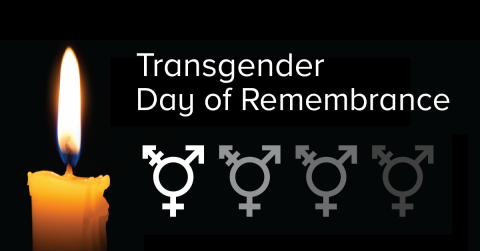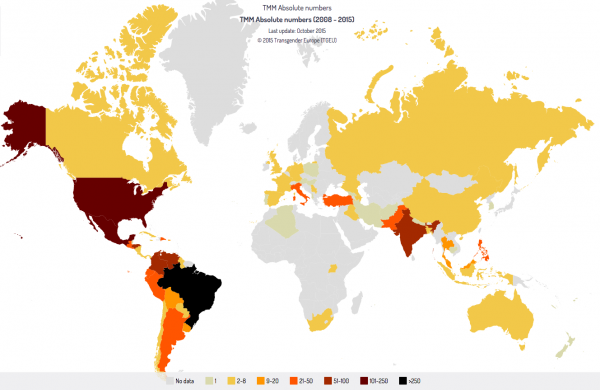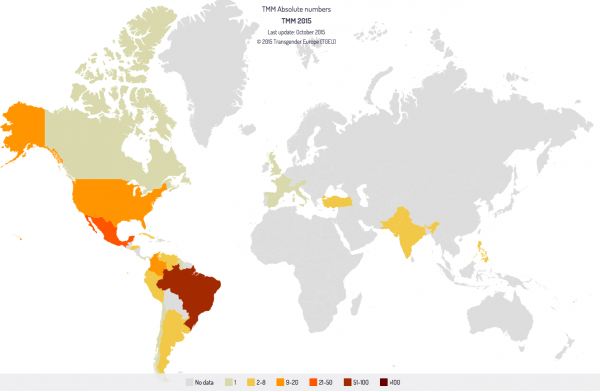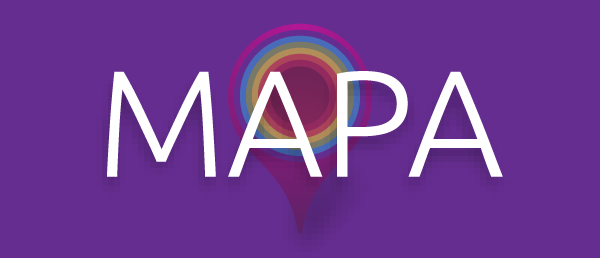
Author: J. Poštić
Foto: heu.org, transrespect.org
In 2015, the global quest for the right to gender identity and bodily autonomy for trans and gender-variant persons is still under way with no tangible factors that could predict when our rights and freedoms will finally be recognized and respected. The key point of contention, to put it simply, is whether decisions over our bodies and identities constitute our human right or are engraved in a code for diagnosis represented by some letters and numbers by which we are sorted into approved bodies and identities.
The right to gender identity and discrimination experienced by trans persons has slowly been gaining attention only in the past several years, as gravity of human rights violations brought to light could no longer be completely ignored. Consequently, the European Parliament (1), the Council of Europe (2) and the World Health Organization (3) have all adopted resolutions, statements or produced toolkits condemning ill-humane treatment of trans persons such as sterilization. More specifically, there is a growing consensus to stop pathologizing trans persons for their gender identity, which is a crucial step towards ensuring violence and discrimination free life for trans and gender-variant persons.
In 2012, Argentina adopted the Gender Identity Law that states in Article 1 – Right to gender identity that all persons have the right a) To the recognition of their gender identity; b) To the free development of their person according to their gender identity; and c) To be treated according to their gender identity and, particularly, to be identified in that way in the documents proving their identity in terms of the first name/s, image and sex recorded there. It allows persons to change their legal gender marker through a simple administrative procedure that does not involve any third parties, and opens access to medical services independently for persons wishing to undergo medical treatments. Such solution for ensuring the recognition of gender identity seems simple and easy, but, since then, no other legislative solutions developed in Central and South American and (Western) European countries, have surpassed Argentinian model, which is likely to represent the most progressive method of recognition of gender identity worldwide for some time ahead.

Elsewhere, apart from several countries, not that much has changed in legislative terms. 34 countries in Europe still violate human rights of trans persons through conditional recognition of gender identity via methods of forced sterilization, forced divorce and other medical interventions or diagnosis of mental illness or a “psychological opinion”. Countries in Europe that have recently made significant progress in this area, such as Denmark, Ireland or Netherlands still include some requirement that undermines the recognition of gender identity. In these cases, atrocious provisions and restrictions were removed, and the right to gender identity is being ensured through ‘insurances’ in a form of requiring medical expertise, six-month waiting period or age restrictions.
However, year 2015 did yield very important step forward in a form of Maltese Gender Identity, Gender Expression and Sex Characteristics Act. This Act, which provides for a gender recognition based on self-determination, also introduces the right to ‘bodily integrity and physical autonomy’ as an integral part of the right to gender identity. More importantly, it posits as a groundbreaking contribution to the human rights of intersex people and prohibits “medical intervention which is driven by social factors”.
Such expansion of conceptual framework will undoubtedly initiate changes worldwide. Meanwhile, trans persons who have been murdered worldwide are remembered each year on November 20. The previous year brought 271 cases of reported killings of trans people, completing the list of 1,933 reported killings of trans people in 64 countries worldwide from January 1st 2008 to September 30th 2015 as reported by Transrespect versus Transphobia project of Transgender Europe. It is due to restrictive social, cultural, economic and legal norms and practices that trans persons are killed, hated and despised worldwide.

These restrictive norms and practices are also a daily reality for post-Yugoslav region, which is far removed from any potentially decent legal framework or social and cultural practice. While the region does offer some legal protection in a form of protection from discrimination on the ground of gender identity or hate crime provision inclusive of gender identity, it fails short in numerous other legal and social aspects. The current path of enshrining gender identity recognition into regulations connected to pathologization as opposed to recognizing pathologization as a human right violation is unlikely to significantly increase social acceptance or enable unprejudiced education.
Concurrently, not having a proper legal basis for protecting gender identity does not resolve or absolve a person or society from responsibility for dehumanizing trans and gender variant persons. Finally, the prevalent conceptual framework related to gender identity is set up to make us forget that right to gender identity is not about binary identities and accompanying normalized bodies but rather our right to establish an ownership of our bodies and identities and exercise gender freedoms.
Take a look at the map depicting the number of murders of trans* persons from 2008 to 2015 in world countries, as well as a detailed breakdown for 2015.
(1) Resolution of 8 September on the situation of fundamental rights in the European Union (2013-2014)
(2) Resolution 2048 (2015) Discrimination against transgender people in Europe:
http://assembly.coe.int/nw/xml/XRef/X2H-Xref-ViewPDF.asp?FileID=21736&lang=en and http://assembly.coe.int/nw/xml/News/News-View-en.asp?newsid=5845&lang=2
(3) Blueprint for the Provision of Comprehensive Care for Trans People and Trans Communities in Asia and the Pacific





